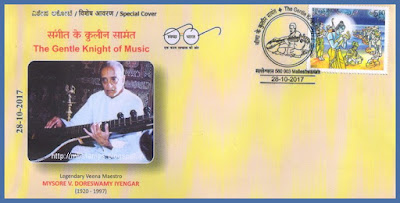The Khuda Bakhsh Oriental Public Library, located in Patna, Bihar, India, is one of the most renowned libraries for Oriental studies. Established in 1891, the library has a rich collection of manuscripts, books, and documents, making it a treasure trove for scholars and researchers interested in Islamic and Oriental studies.
History
- Founder: The library was founded by Khan Bahadur Khuda Bakhsh, an eminent lawyer and scholar. He donated his personal collection of over 4,000 manuscripts to establish the library.
- Inauguration: The library was formally inaugurated on 29 October 1891, by the then Lieutenant Governor of Bengal, Sir Charles Alfred Elliott.
Collections
- Manuscripts: The library houses over 21,000 manuscripts, including rare and valuable items in Arabic, Persian, Urdu, Turkish, and other languages. Notable among these are the Persian translation of the Mahabharata, the Diwan of Hafiz, and several copies of the Quran from different periods.
- Printed Books: It also contains around 250,000 printed books covering a wide range of subjects, including literature, history, science, religion, and arts.
- Miniature Paintings: The library boasts a collection of exquisite miniature paintings, many of which are found in the manuscripts.
- Rare Documents: The collection includes rare farmans (royal decrees), letters, and other historical documents.
Features and Services
- Digital Library: The Khuda Bakhsh Library has embraced digital technology, providing online access to many of its rare manuscripts and books, thus making its resources available to a global audience.
- Research and Publications: The library is a hub for research in Oriental studies. It regularly publishes research papers, journals, and books based on its collections.
- Exhibitions and Seminars: The library organizes exhibitions and seminars to promote its collections and Oriental studies. These events attract scholars from around the world.
- Educational Programs: It conducts educational programs and workshops to train scholars in manuscriptology and other aspects of Oriental studies.
Preservation Efforts
- Conservation: The library has a dedicated conservation lab where experts work on preserving and restoring ancient manuscripts and books. Modern techniques and traditional methods are used to ensure the longevity of these precious items.
Recognition and Awards
- National Importance: The Government of India recognized the library as an institution of national importance due to its invaluable contribution to the preservation and promotion of Oriental heritage.
- Awards: The library and its staff have received several awards for their contributions to the field of library science and Oriental studies.
Notable Works and Collaborations
- Cataloguing: Extensive cataloguing efforts have been made to classify and describe the library's vast collection. These catalogues are essential tools for researchers.
- Collaborations: The library collaborates with national and international institutions to facilitate research and exchange knowledge. Partnerships with other libraries and universities enhance its reach and impact.
The Khuda Bakhsh Oriental Public Library stands as a beacon of knowledge and cultural preservation, continuing its founder's legacy of making Oriental literature and history accessible to scholars and the public.









